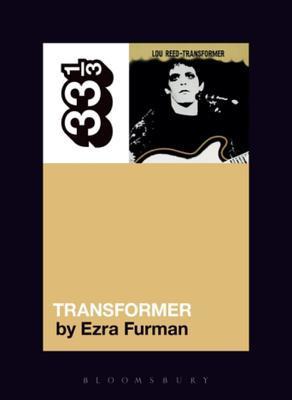What do you think?
Rate this book


184 pages, Kindle Edition
First published April 19, 2018
Lou Reed finds freedom via constant transformation, which amounts to a kind of constant failure. If you don't commit, you don't get hurt; you never have to fully be anything, and you never get to fully be anything. Reed's ambitions are negative; they are to not be what he despises rather than to be anything he affirms.